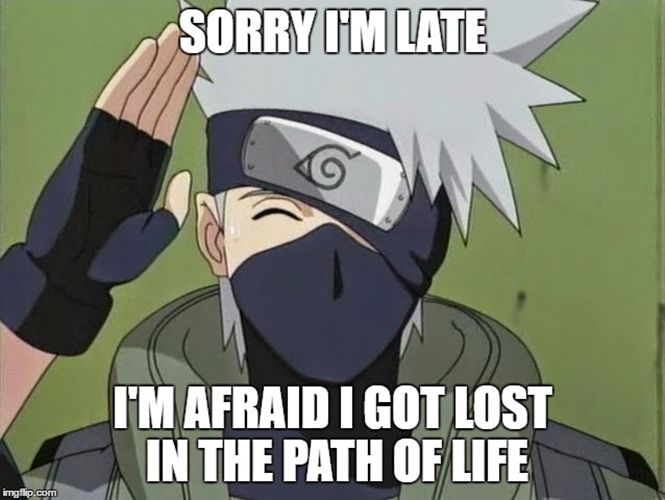Hey all, I’m looking for some suggestions/advice on where to focus my efforts. I started my learning at the beginning of the year, and spend roughly 1-2 hours/day. This is currently my limit with how much time I can invest on this hobby. This is what my current activities look like:
- My main focus has been WaniKani, and I’ve been trying to go as fast as I can to finish this program. I’m currently at 35/60, taking about a week per level. On average I do ~256 reviews/day based on my monthly stat. At this pacing, I am noticing the # of reviews slowly rise as I get higher up the levels.
- I’ve been slowly working through Kaishi 1.5k, and am expected to finish mid December at my current pace of 5 words/day (1200/1500).
- I am currently going through Bunpro at 2 grammar points a day. This seems to be the sweet spot for me to just do new lessons + reviews. Currently I’m at N3 - 85/219
- SRS pretty much takes up all my study time. On the days I commute, I typically do my morning SRS and if I still have energy/time, will listen to Shun’s podcast. Otherwise I just relax for the rest of the commute and turn on some music. I do feel like I am making progress in reading via the Bunpro sentences during reviews in terms of speed/understanding, but don’t do any extra reading.
My concerns:
- WaniKani has worked really well for me in learning the Kanji, but certainly the vocabulary is questionable at times. It is also the most time consuming resource. I rationalize this with the notion that at most, it will take me another ~5 months to finish, and I can invest that time into immersion after. I feel that some of my satisfaction comes from seeing all the numbers/stats, challenging myself to meet that weekly level goal, etc. It’s nice when the Kanji I’ve learned shows up in new vocab within Anki.
- I’m not really sure what to do with Anki after Kaishi 1.5K. Looking at Bunpro Vocab, there are some pretty big gaps in my JLPT vocab. I am considering working on these since WK states I would have seen up to ~96% of N3 Kanji at my currently level so I figure it should be “easier” to work through. Is this really practical? It could be nice to have JLPT levels as milestones and take the mock exams, but this feels like another side track from immersion.
- Tbh, as someone who typically lurks in various forums, I do feel bad about not immersing when seeing other people’s experiences. Am I spinning my wheels here, or do I keep trucking along?


 . Haha I should know better but those damned thoughts. I went through my first graded reader on Tadoku after reading some of the replies haha. It was refreshing to do something outside of these resources, but I can see how it can be boring. I’ll try to stick with it and see how things go!
. Haha I should know better but those damned thoughts. I went through my first graded reader on Tadoku after reading some of the replies haha. It was refreshing to do something outside of these resources, but I can see how it can be boring. I’ll try to stick with it and see how things go! .
.